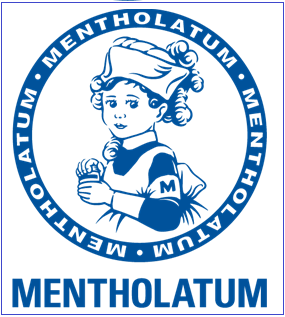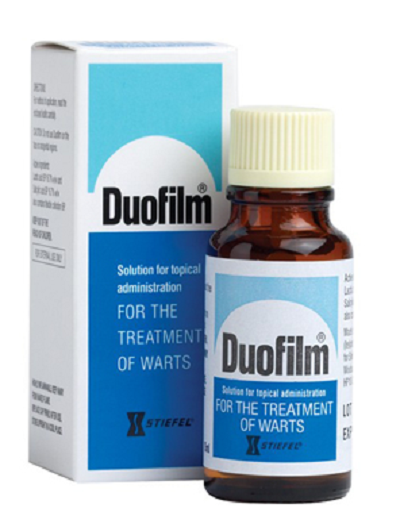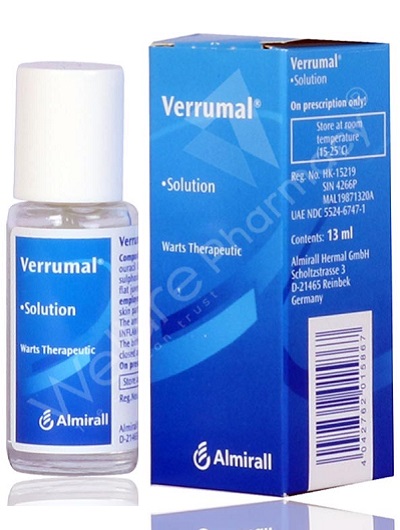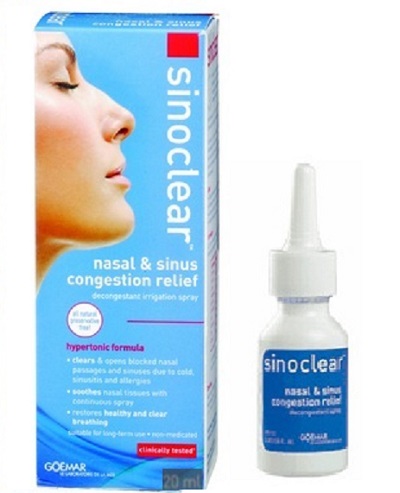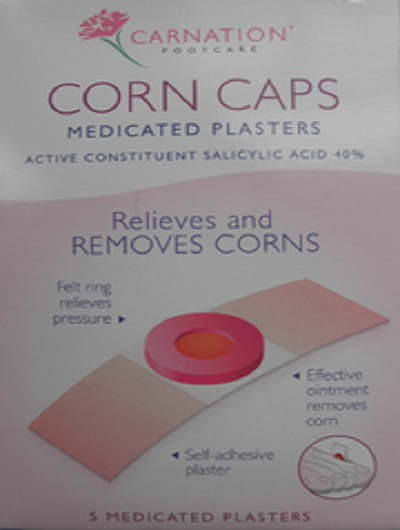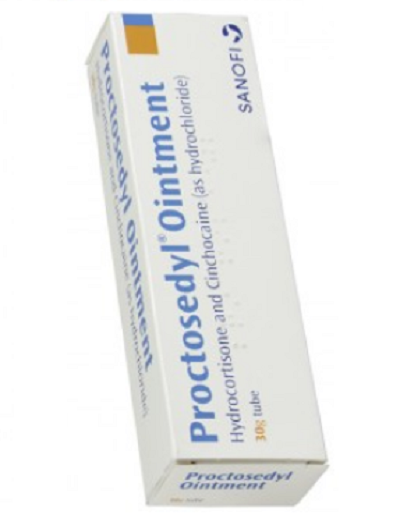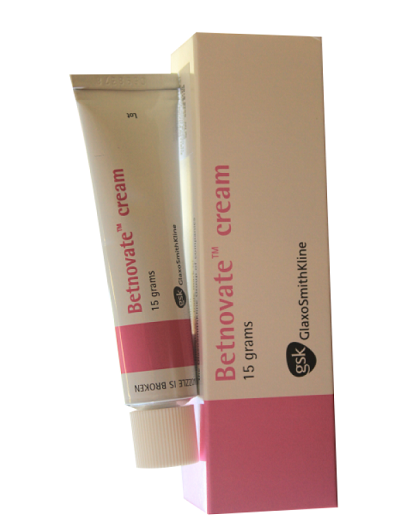External hemorrhoids can cause bleeding, cracking and itching of the anus, which can have
. There are many methods of treating external hemorrhoids such as: Western medicine, hemorrhoids surgery, ...
Contents
1. Outline of external hemorrhoids
Disease external hemorrhoids is hemorrhoid condition tufts formed in the lower layers of the skin around the anus , often painful for the patient. Causes and risk factors for external hemorrhoids include: lifting weights or heavy objects, low-fiber diet, obesity, pregnancy, standing or sitting for long periods of time, improper defecation, ascites (accumulating fluid puts pressure on the stomach and intestines), ...
External hemorrhoids differentiate from internal hemorrhoids in the location of the hemorrhoids. Specifically, internal hemorrhoids form a cluster of hemorrhoids inside the rectal wall , which usually does not cause pain but causes bleeding when passing a bowel movement. Meanwhile, external hemorrhoids with hemorrhoids located outside the anus tend to cause more pain than internal hemorrhoids. A person can have both internal and external hemorrhoids.
Symptoms of external hemorrhoids are: itching and pain in the anus area, bloody discharge (the amount of blood is not much), there is a blood clot inside the hemorrhoids. External hemorrhoids are divided into different grades: external hemorrhoids 1 , 2, 3, 4 represent the increasing danger level of the disease.

Recommended video:
Distinguish rectal prolapse and hemorrhoids
2. How to treat external hemorrhoids
2.1 Alleviate bothersome symptoms of external hemorrhoids at home
Relieve pain and itching in the anal area
- Warm bath: Soak the anus in a bath (bath tub) with a little warm water for about 20 minutes / time, perform 2-3 times / day, especially after each bowel movement. Then, gently dry the anal area with a soft cloth or towel, not rubbing the anal area;
- Topical creams: Some topical creams can help relieve the pain and itchiness of hemorrhoids. The patient can use topical cream as prescribed by the doctor;
- Ice: Place an ice pack, apply it several times a day to the hemorrhoids to reduce pain and swelling during the treatment of external hemorrhoids.
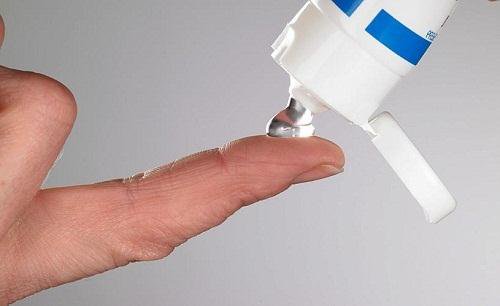
Reduce unpleasant symptoms
- Squatting when going to the toilet: The best posture to use the toilet for people with hemorrhoids is squatting (you can put your feet on the toilet bowl). This position helps the rectum to expel the stool more conveniently;
- Use a cushion: Sitting on a cushion instead of a hard surface will reduce swelling for people with hemorrhoids, limit the formation of new hemorrhoids;
- Keep the anus clean: People with external hemorrhoids should clean their anus daily with warm water and mild soap, then dry or use a gentle blow dryer to dry;
- Choose cotton underwear: Wearing cotton underwear will help the anal area to clear, not put pressure on the hemorrhoids, avoid making hemorrhoids worse.
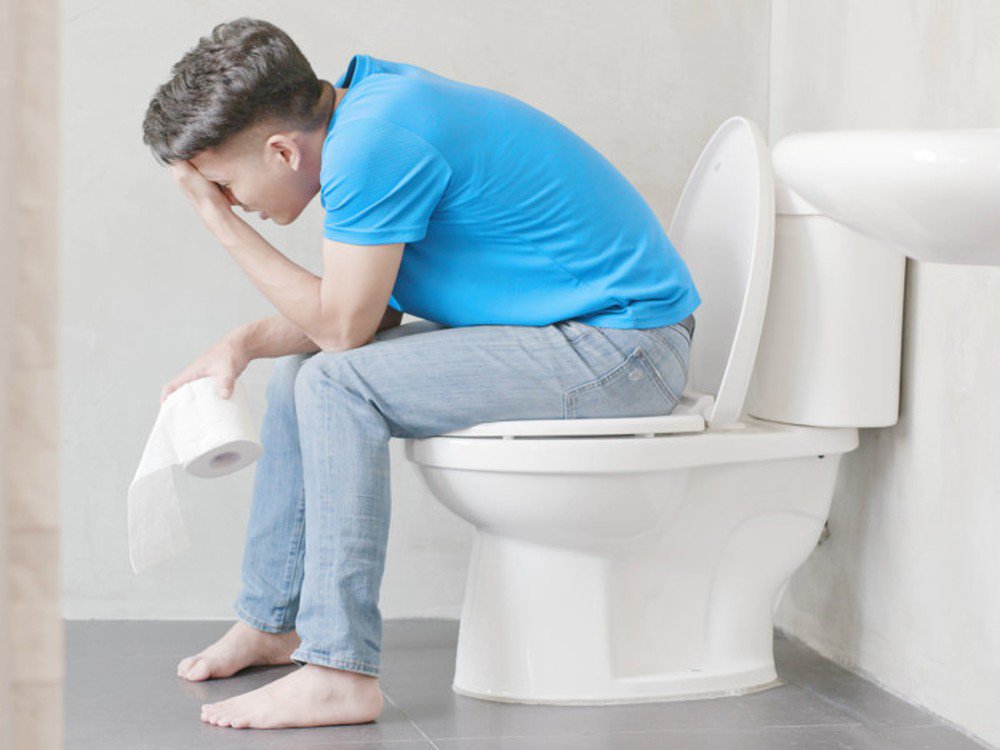
2.2 Using Western medicine
- Using over-the-counter pain relievers: ibuprofen or acetaminophen, ...;
- Hemorrhoids ointment: Hydrocortisone, Cotripro, Titanoreine, ...;
- Topical itching relievers: Hydrocortisone cream;
- Other drugs: Anal suppressants, anti-constipation pills, stool softeners, ...
Tablets are known to increase permeability, increase vascular strength, reduce swelling, edema, stop bleeding, and shrink hemorrhoids. Topical suppositories or topical effects: analgesic, itching, antiseptic, anti-inflammatory.
When using drugs to treat external hemorrhoids , strictly comply with the prescription of your doctor. The reason is that in addition to treating hemorrhoids, it is also necessary to treat diseases related to hemorrhoids, need to use medicines to treat constipation , intestinal diseases, anti-inflammatory drugs, pain relief, ... to ensure effective treatment. the best.
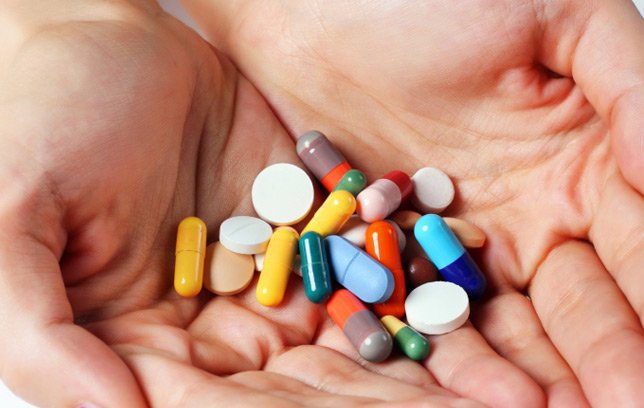
2.4 Surgical intervention
There are many surgical methods of treating hemorrhoids including: fiber injection, burning, elastic banding, hemorrhoidectomy, Longo surgery, ... However, with external hemorrhoids, only hemorrhoids should be applied because The anus is an area with many receptors, so if other surgical interventions are applied, it will cause much pain for a long time after surgery.
Note: External hemorrhoids are not recommended to be treated with surgery, unless the disease has progressed to a late stage, infection, swelling, even ulcers, ... Important principles include:
- Remove each hemorrhoid cluster and the skin covering the upper mucosa;
- Preserve the inner sphincter layer located below;
- After cutting hemorrhoids, 2 edges of the wound can be sewn closed or exposed: Stitch closed vertically if the hemorrhoids are small; Suture closed horizontally if the hemorrhoids are large or ring hemorrhoids.
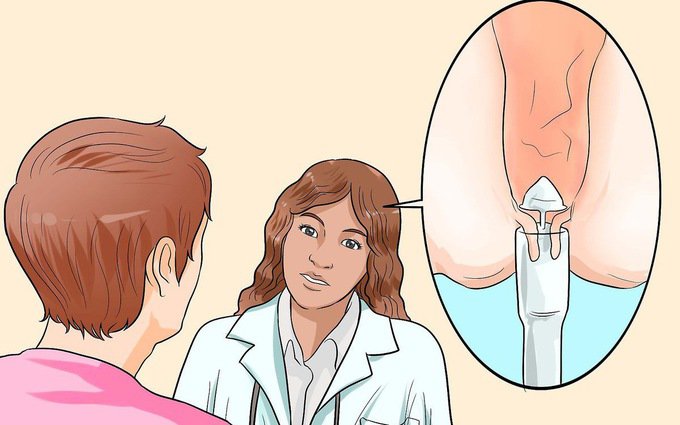
3. Measures to prevent external hemorrhoids
To prevent external hemorrhoids, it is necessary to limit constipation, avoid the cause of dry, hard, and difficult bowel movements. Some helpful tips for prevention include:
- Eat enough fiber: To avoid constipation, it is important to maintain a diet with the necessary amount of fiber. Fiber is abundant in whole grains, legumes, whole grains, fresh fruits and vegetables, ... However, fiber should be added or eaten slowly to avoid bloating;
- Drink plenty of water : including broth, fruit juice, purified water, ... ensure the amount of water added to the body per day reaches 1.5-2 liters of water for adults. Water helps to soften stools, making it easier for stools to pass through the anus during bowel movements. Attention should be paid to drinking water evenly during the day, not focusing on a moment, not letting the body lose too long;
- Increase physical activity : This is the most effective way to help people metabolize in the body, the digestive system works better, preventing the risk of hemorrhoids. Each person should practice about 20-30 minutes / day;
- Use stool softeners: Use as directed by your doctor and should not be misused;
- Maintain a daily bowel routine: People who are constipated or at risk of hemorrhoids should maintain the habit of going to the toilet at the same time during the day. However, don't spend too much time in the bathroom, don't stress or try to push. If you are sad when you have to defecate, you should not try to stop;
- See your doctor if you often have constipation or recurrence of hemorrhoids for preventive measures, early and effective treatment.
Source: europharmas




